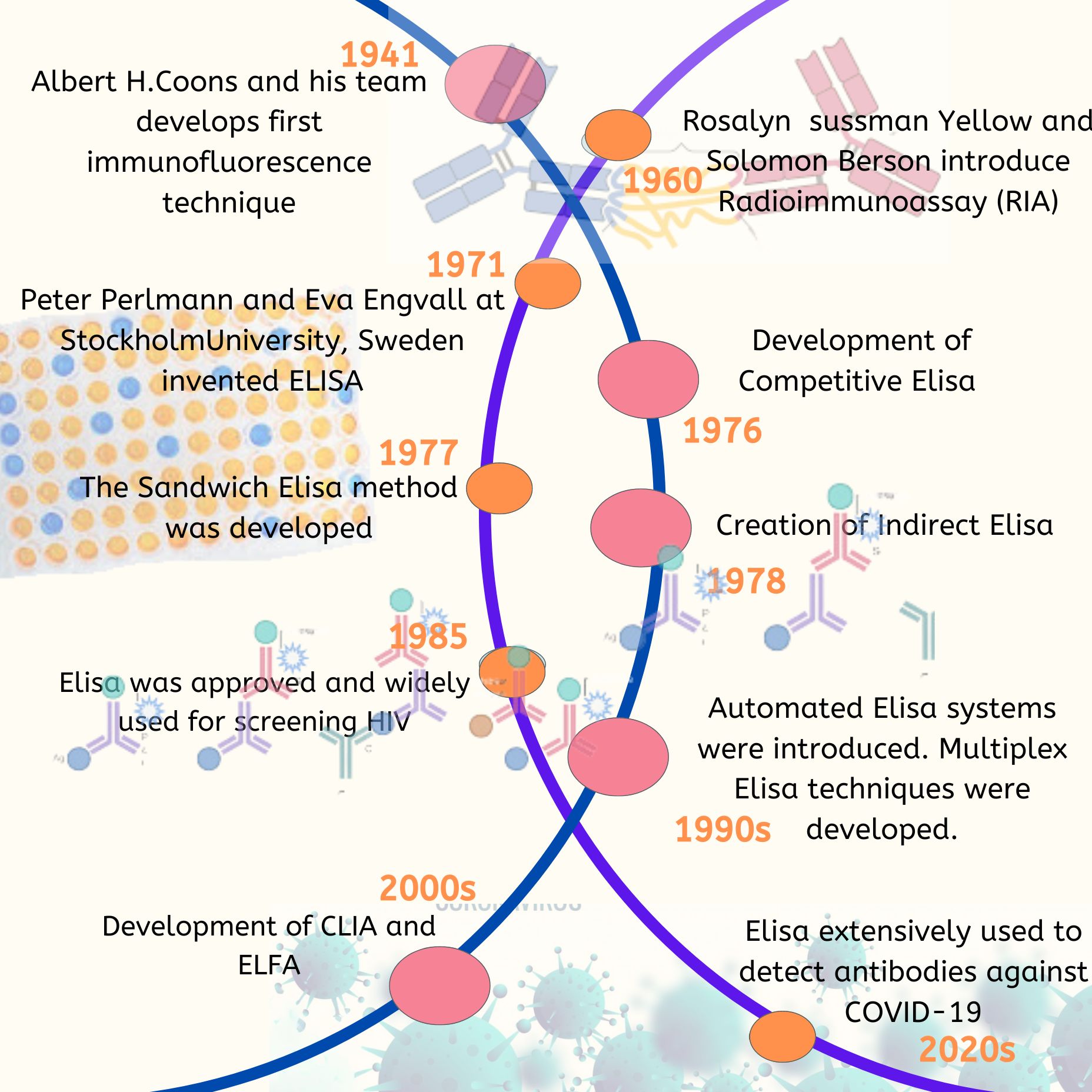Inborn errors of metabolism (IEM) are genetic conditions where the normal metabolic process becomes affected causing the accumulation of the substrate or the deficiency of the product. The disruption of the metabolic processes causes damage to various organs of the body and the severity of the condition is based on the chemical process that is affected. Most of the IEMs are transmitted in an autosomal recessive or X-linked recessive manner meaning the defective gene is inherited from both the parents. There are over 200 IEMs identified which are considered to be rare. Some of the types of IEMs are fructose intolerance, abetalipoproteinemia, galactosemia, phenylketonuria, maple sugar urine disease, glycogen storage disease and gaucher disease.
Abetalipoproteinemia
This condition affects the body’s ability to absorb cholesterol, fats and fat-soluble vitamin available in the food. This develops as the result of a genetic mutation that causes the absence of a protein called beta-lipoproteins which affect the body’s absorption of these essential materials. The initial symptoms can occur within the first few months of the infant’s life that can continue to present neurological abnormalities associated with vitamin E deficiency. Some of the symptoms that occur with the poor fat absorption include swelling of the abdomen, foul-smelling stools and diarrhea. Additional problems can include coordinating voluntary movements, skeletal abnormalities, muscle weakness and developmental delays.
Gaucher disease
This develops as the result of a genetic mutation that causes deficient of an enzyme known as beta-glucocerebrosidase required for the breakdown of fatty substance to simpler molecules. As the result, the fatty substance accumulates to a toxic level within the body such as the liver, spleen and the bone marrow causing their dysfunction. The symptoms of this condition include enlarged spleen or liver, bleeding, clotting problems, anemia and bone problems such as osteoporosis.
Glycogen storage disease
The genetic mutation causes the enzyme deficiency that results in the body’s inability to breakdown glycogen. As the result, glycogen is accumulated in various parts of the body such as the liver and the muscles creating their associated complications. The symptoms include fatigue, frequent feeding, enlarged liver, swollen abdomen and hypoglycemia.
Galactosemia
This inherited disorder develops when the body is unable to metabolize the simple sugar galactose which constitutes most of the sugar found in milk. As the result, the substance can accumulate in the body and damage the liver, brain, kidneys and the eyes. The symptoms of galactosemia include lethargy, poor feeding, poor weight gain, vomiting, jaundice, convulsions and irritability.
Phenylketonuria
This inherited condition develops when the infant is unable to effectively breakdown an amino acid called phenylalanine as the result of a problem with the enzyme known as phenylalanine hydroxylase. Hence, the phenylalanine can accumulate in the body causing brain damage and affecting the central nervous system. Some of the associated symptoms include delayed mental skills, jerking movements of the limbs, seizures, hyperactivity, small sized head, tremors, skin rashes and mental disability.
References
https://rarediseases.org/rare-diseases/abetalipoproteinemia/
http://www.mayoclinic.org/diseases-conditions/gauchers-disease/basics/tests-diagnosis/con-20031396
https://www.agsd.org.uk/tabid/1138/default.aspx
https://medlineplus.gov/ency/article/000366.htm
https://medlineplus.gov/ency/article/001166.htm
https://medlineplus.gov/ency/article/002438.htm



